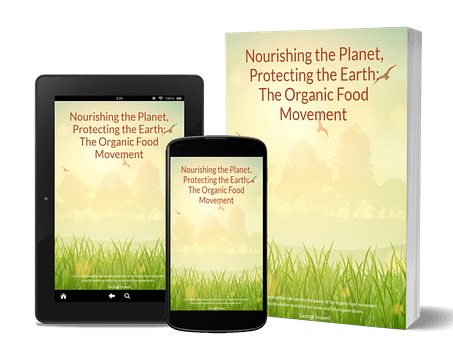Organic food is becoming increasingly popular as people become more aware of the health benefits and environmental impacts of their food choices. Organic food is grown without the use of synthetic fertilizers, pesticides, and other chemicals, and is free of genetically modified organisms (GMOs). Eating organic food can have a positive impact on your health and the health of the planet.
One of the main benefits of eating organic food is that it is free of synthetic fertilizers and pesticides. These chemicals can have a negative effect on your health, and can also contaminate soil and water. Organic farming practices use natural fertilizers and pest control methods, which are better for the environment and your health.
Organic food is also free of GMOs. GMOs are created by altering the genetic makeup of plants and animals, and there is some concern that they may have long-term health effects. By eating organic food, you can avoid consuming GMOs and the potential health risks associated with them.
Organic farming also has a positive impact on the environment. Organic farmers use natural fertilizers and pest control methods, which can help reduce pollution and conserve water. Additionally, organic farming practices help to maintain the fertility of the soil, which is essential for growing healthy crops.
Finally, organic food can be more nutritious than conventionally grown food. Studies have shown that organic food can contain higher levels of vitamins, minerals, and antioxidants than conventionally grown food. Eating organic food can help you get the nutrients you need to stay healthy.
Watch these two short films that help to explain why organic is as important now as it has ever been!
And download George's Free E-book on the Organic Food Movement!



